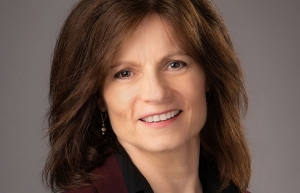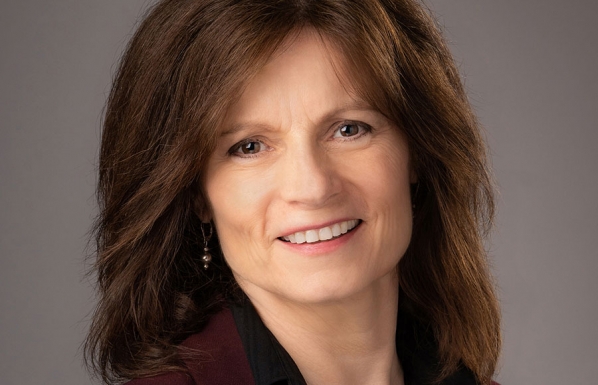Appalachian State University’s Dr. Susan Colby, director of faculty professional development in the university’s Center for Academic Excellence and professor in the Reich College of Education’s Department of Curriculum and Instructionat Appalachian, has been named an American Council on Education (ACE) Fellow for the 2020–21 academic year. She is one of 38 fellows selected nationally.
“The ACE Fellows Program is unique in its ability to transform the lives and enrich the careers of its participants,” ACE President Ted Mitchell said. “After an intensive experience working with accomplished higher education leaders, the fellows will return to their home campuses prepared to address the challenges of tomorrow.”
Since its inception in 1965, the ACE Fellows Program’s mission has been to strengthen institutions in American higher education by identifying and preparing over 2,000 faculty, staff and administrators for senior positions in college and university leadership through its intensive, nominator-driven, cohort-based mentorship model.
Colby, who thanked Appalachian Chancellor Sheri Everts and the university’s Division of Academic Affairs for nominating her, said, “I look forward to participating in this premier leadership development program that will provide me with the opportunity to deepen my knowledge and skill as an academic leader. After completing this fellowship, I will be better prepared to help advance the Appalachian institutional mission and serve the campus community.”
More on the ACE Fellows Program
The ACE Fellows Program combines retreats, interactive learning opportunities, visits to campuses and other higher education-related organizations, and placement at another higher education institution to condense years of on-the-job experience and skills development into a single year.
During the placement, fellows observe and work with the president and other senior officers at their host institution, attend decision-making meetings and focus on issues of interest. Fellows also conduct projects of pressing concern for their home institution and seek to implement their findings upon completion of the fellowship placement.
At the conclusion of the fellowship year, fellows return to their home institution with new knowledge and skills that contribute to capacity-building efforts, along with a network of peers across the country and abroad.
Of the fellows who have participated to date, more than 80% have gone on to serve as chief executive officers, chief academic officers, other cabinet-level positions and deans following their fellowship.

